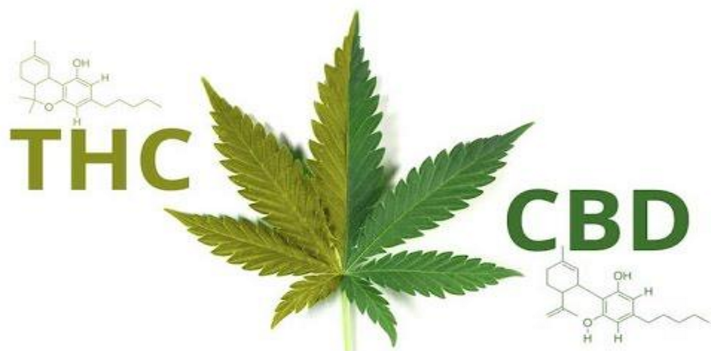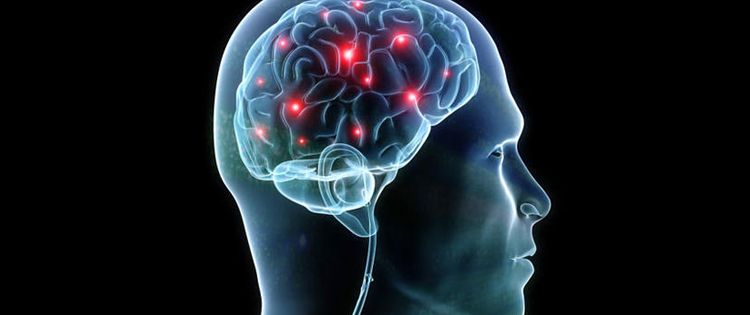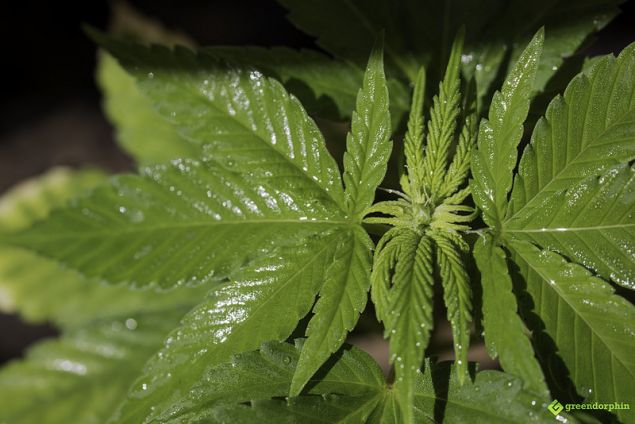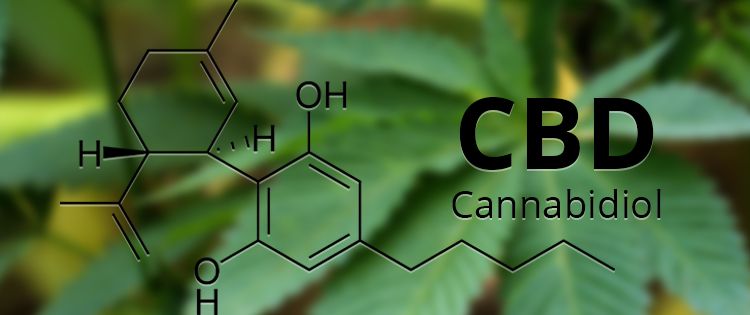In an age with so many alternative medical treatments and anti-vaxxers making headlines by foregoing vaccinations, which eradicated deadly diseases that had terrorized earlier generations, is CBD just another fad on the coattails of the marijuana legalization debate?
Like the essential oils that so many swear to cure everything, from migraines to the common cold, CBD is gaining popularity among people who are searching for more nature-based remedies when treating a variety of ailments.
What exactly is CBD?
CBD is short for cannabidiol, which is found in the flower of the cannabis plant.
Unlike tetrahydrocannabinol (THC), which also occurs naturally in cannabis, CBD doesn’t contain the same intoxicating properties that cause an individual to feel stoned.
However, studies show that CBD delivers the same therapeutic benefits that have been touted with THC, so it has become an appealing option for those who are impacted by the medical marijuana standoff or may be uncomfortable with the psychoactive aspects of THC.

Most commonly available over the counter in oil form, CBD has been associated with alleviating symptoms linked to many chronic conditions.
Testing is still in the relatively early stages, so not much is generally known for certain other than anecdotal examples and findings from initial studies in the field.
Accepted medical treatments take years to affirm, but in the meantime, consumers are eagerly buying into the hype. The current exception has been a U.S. FDA-approved CBD drug to treat severe pediatric seizures.
Many point to CBD as an elixir for chronic pain, citing its anti-inflammatory properties. There are even cases of CBD being leveraged to address instances of anxiety and depression.
These all tie back to the body’s endocannabinoid system (ECS), which is a part of the regulatory system that produces neurotransmitters. ECS is responsible for managing key physiological functions that dictate how you deal with pain, hunger, low energy, mood swings, and so forth.
CBD is supposed to react with the neurotransmitters to generate the salubrious effects that combat protracted pain and illness.

There are promising studies that include potential CBD benefits related to neurological disorders like epilepsy, Parkinson’s, and Alzheimer’s disease.
In addition, CBD may help manage blood pressure, which reduces the incidence of heart attacks and strokes. Like medical marijuana’s original claim to fame, CBD is also extensively studied for mitigating cancer-related pain and side effects from chemo.
The critical thing to remember is that the CBD industry isn’t regulated, so it’s challenging to know the exact quality of the product you’re buying.
Like supplements, be sure to research the manufacturer to ensure maximum purity. Be mindful of dangerous interactions with other prescriptions or supplements you may be taking as well.
Ultimately, everyone tends to react differently to CBD, so experiences will vary. It’s never advisable to bypass traditional medicinal practices, but when a product proves to enhance rather than hinder your condition, it may be worth talking with your doctor.

While the jury may still not be officially out on CBD, there’s enough momentum to keep the conversation going.
As the political landscape changes along with the ability to perform more in-depth studies regarding the health benefits of CBD, there will be more clarity around its usage and increased effectiveness in tandem with fixed quantities of THC.
This is more good news for business owners looking to break into the cannabis industry.
Websites like 420 College can help provide valuable insights to develop a business model, and set up a dispensary that will comply with the complex legislation in place.
- How to Use Waxmaid Honey Pen? - April 9, 2024
- How To Choose The Best Electric Dab Rig For Christmas - December 7, 2023
- Maintenance Matters: Keeping Your Glass Water Bong in Pristine Condition - October 9, 2023


